First time using custom control surfaces
History
Arguably the most famous and beloved American jet fighter, Grumman's F-14 Tomcat, still firmly holds the public's attention in its cat claws well over a decade after it was retired from U.S. Navy service. Of the many long-form, very in-depth pieces I have posted on the "Turkey Bird," one article from years ago still makes its viral rounds and is the source of constant reader mail—The Super Tomcat That Was Never Built. It was over five years ago that I wrote that piece—the first iteration of it nearly a decade ago—and now, with the help of our favorite aerospace artist Adam Burch from Hangar B Productions, we have forensically recreated what this aircraft would have looked like if it had been built—just like we have done with the F-23 and the F-32. Not only that, but we also ventured to create theoretical '2010s' upgrade of this aircraft along the same lines as what we have seen with Boeing's latest F-15 Strike Eagle variants.
In our reality, the F/A-18E/F Super Hornet became the Navy's vanguard fighter of the 21st century as a result of the boondoggle that was the A-12 Avenger program. After massive cost overruns, weight increases and huge delays, then Defense Secretary Dick Cheney axed the stealthy carrier-borne flying wing attack jet leaving a huge hole in NAVAIR's future inventory.
This was back in 1991, the Cold War had just ended and we just got done kicking the ass of one of the world's largest standing armies. Congress had been talked into high-risk, hugely aggressive defense programs for decades and they had had enough. The "peace dividend" sentiment was on the rise and defense budgets were beginning to fall.
With the A-6E TRAM Intruder's retirement imminent and in the vacuum created by the canceled A-12 program, manufactures starting throwing out "logical growth" designs based on existing platforms [some were even rehashed and updated concepts from years prior]. The hope was that if aircraft manufacturers make an almost entirely new aircraft look like an existing type, while also giving them a familiar "evolutionary" designation, Congress would see the product as a low-risk, low-cost upgrade of a proven platform and thus move forward with its procurement.
At the same time the NATF program (the Navy's equivalent to the USAF's Advanced Tactical Fighter program) was in the works, but the costs and timeline for its development would have been massive, and in light of what happened to the stealthy A-12 "Flying Dorito," it was clear that something simpler was needed. In the end, this "low-risk" and familiar design concept worked via the eventual development and procurement of the F/A-18E/F Super Hornet. Yet in some people's opinion, it worked for the wrong aircraft.
The Super Tomcat 21 grew out of a previous proposal made by Grumman after the collapse of the A-12 program called Quick Strike [one of my sources says it actually came before Quick Strike, but was rehashed later]. Quick Strike was meant to be an upgrade for existing F-14s by giving them high-end navigation and targeting pods similar to the USAF's LANTIRN system, along with upgraded ground attack modes for F-14D's APG-71 Radar (based on the aircraft's original AWG-9 radar) and the ability to carry more standoff weaponry like the AGM-84E SLAM and AGM-88 HARM.
Quick Strike was aimed more at cheaply picking up the Intruder's slack than at replacing the A-12's high-end capability, and was seen at the time as an insufficient technological leap over the F-14B and D models already in service. Also, rumors that an inexpensive clean sheet next-generation Hornet design was in the works over at McDonnell Douglas did not help Quick Strike's attractiveness. So, Grumman came back to the Navy with a true "Super Tomcat," called the Super Tomcat 21 [ST21].
Controls
- AG1:N/A
- AG2:Airbrakes
- AG3:Landing Hook
- AG4:Navigation Lights
- AG5:Formation Lights
- AG6:N/A
- AG7:N/A
- AG8:N/A
Front Cockpit Controls
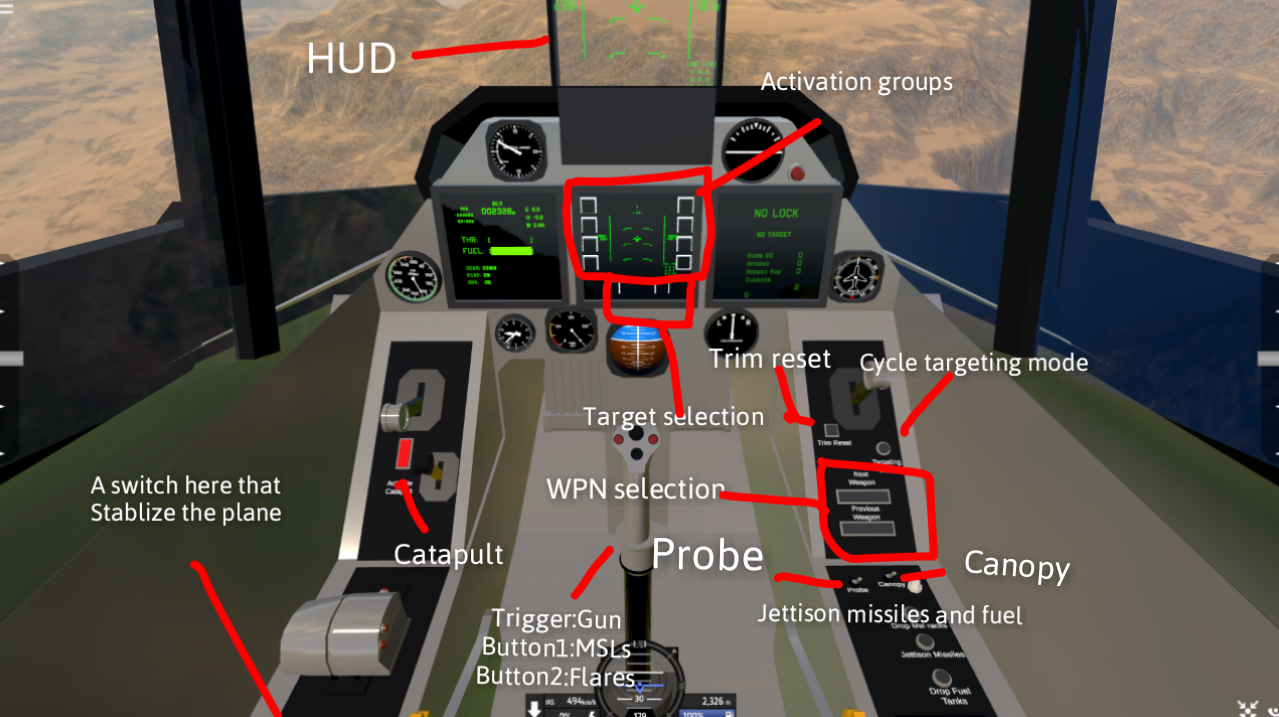
Back Cockpit Controls
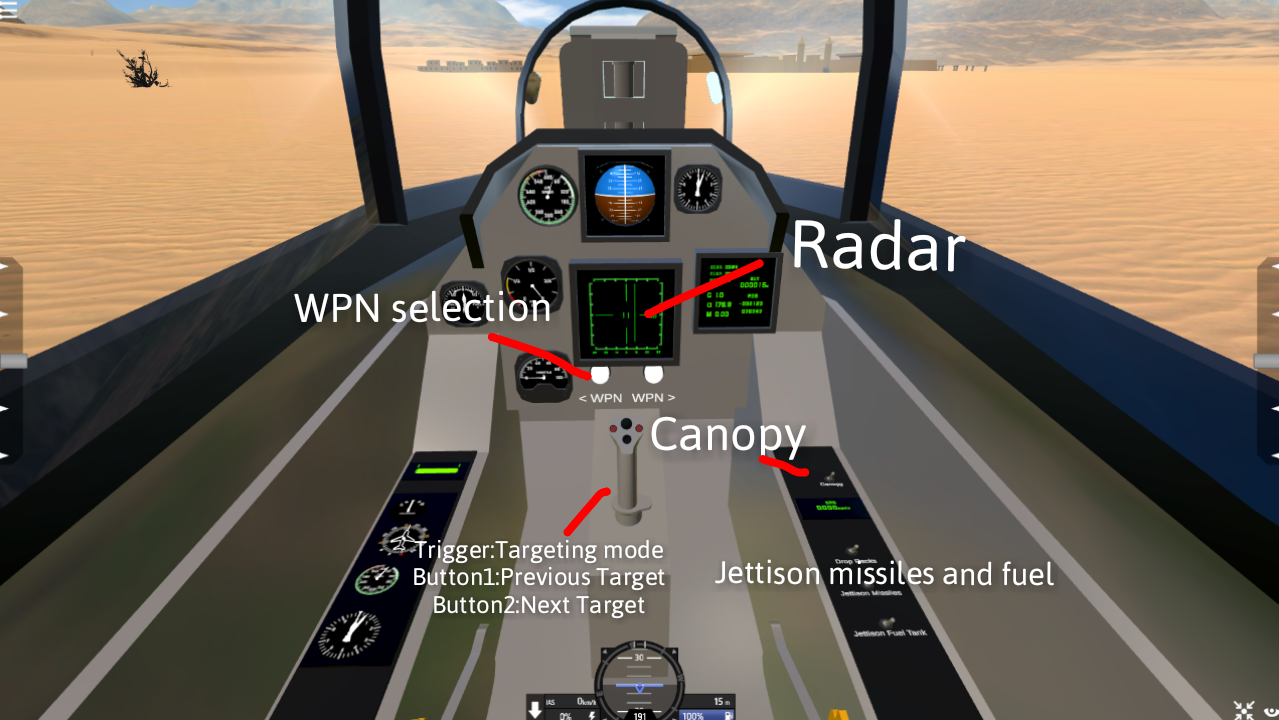
Features
- Multirole missiles
- One part hud by PlanariaLab
- Unlimited fuel
- Unlimited Countermeasures
- 96% Throttle for Afterburner
Gallery
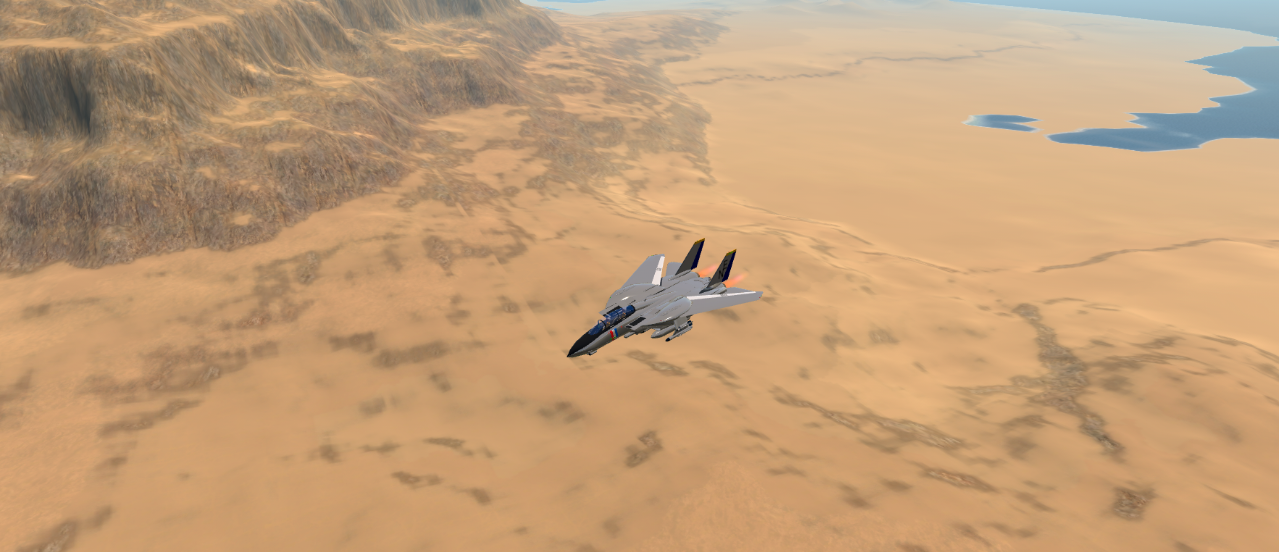
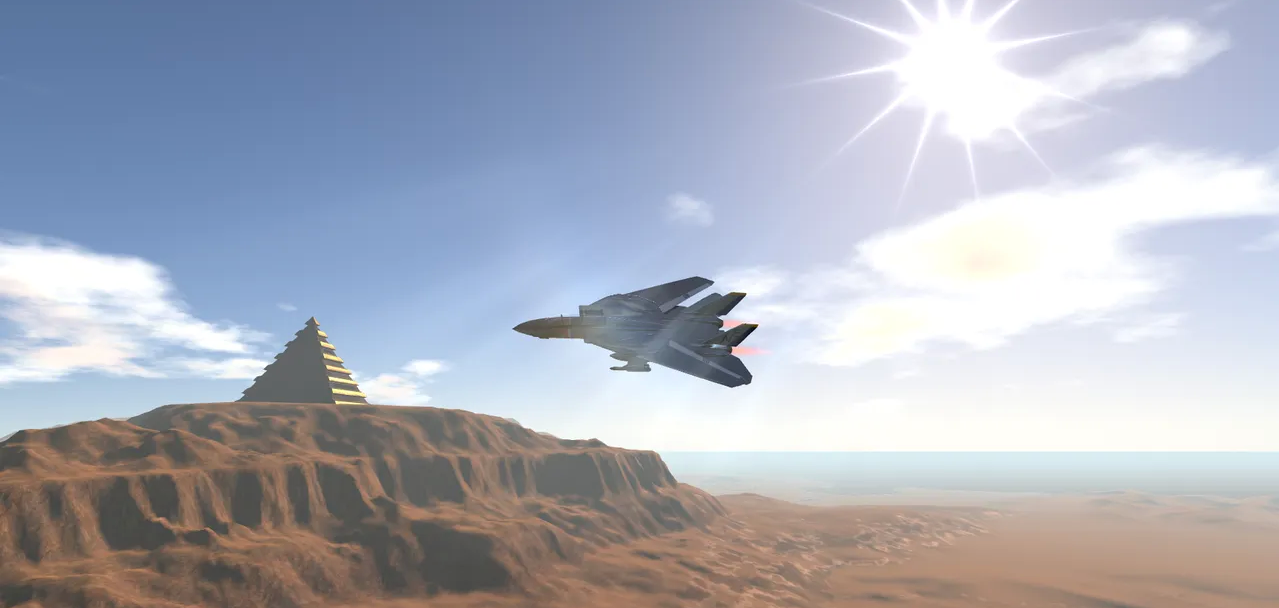
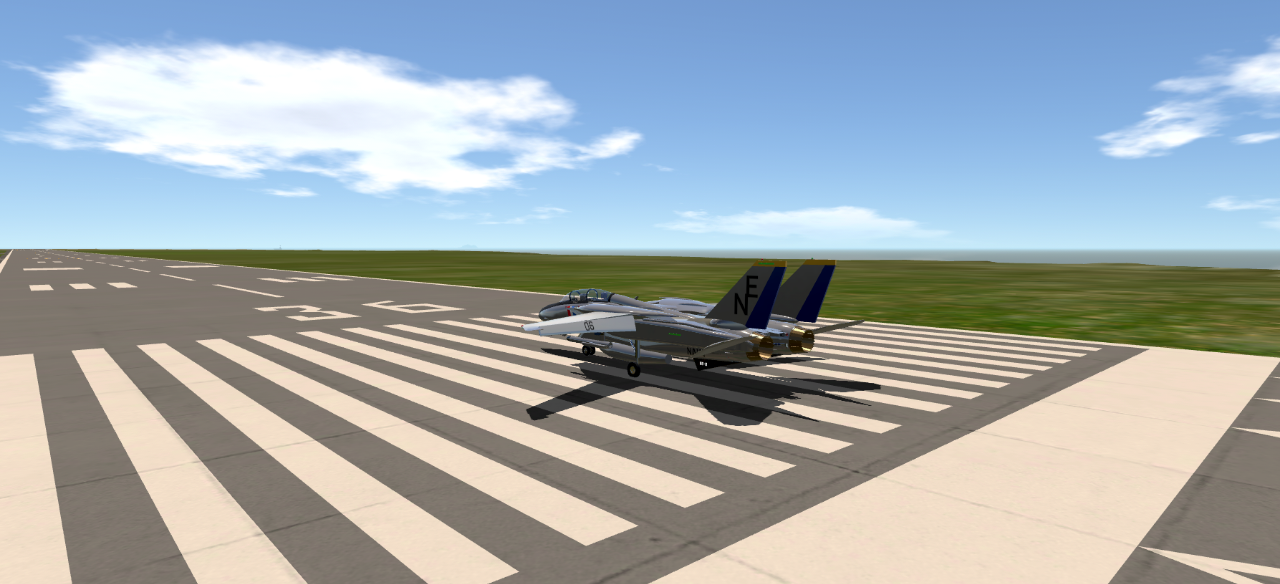
Jolly Rogers Livery
Ghost of Razgriz Livery
Note:There was suppose to be 5 liveries but i cancelled it since i'm kinda over worked
Credit to tarikGR For the screenshots
Specifications
Spotlights
- This craft is curated
- Mekomara 3.2 years ago
- Username2 3.2 years ago
- Typhoon03 3.2 years ago
- Inuyasha8215 3.2 years ago
- Fineilldoitmyself 3.2 years ago
- JuanShot2Go 3.2 years ago
- ShirakamiShimada 3.2 years ago
- mikomiko 3.2 years ago
- TarikArkswagen 3.2 years ago
General Characteristics
- Predecessor ! [F-14 Super Tomcat 21] VF-2
- Successors 5 airplane(s) +7 bonus
- Created On Android
- Wingspan 70.1ft (21.4m)
- Length 70.0ft (21.3m)
- Height 20.6ft (6.3m)
- Empty Weight N/A
- Loaded Weight 74,108lbs (33,614kg)
Performance
- Power/Weight Ratio 4.548
- Wing Loading 49.5lbs/ft2 (241.7kg/m2)
- Wing Area 1,496.8ft2 (139.1m2)
- Drag Points 26075
Parts
- Number of Parts 420
- Control Surfaces 12
- Performance Cost 2,816

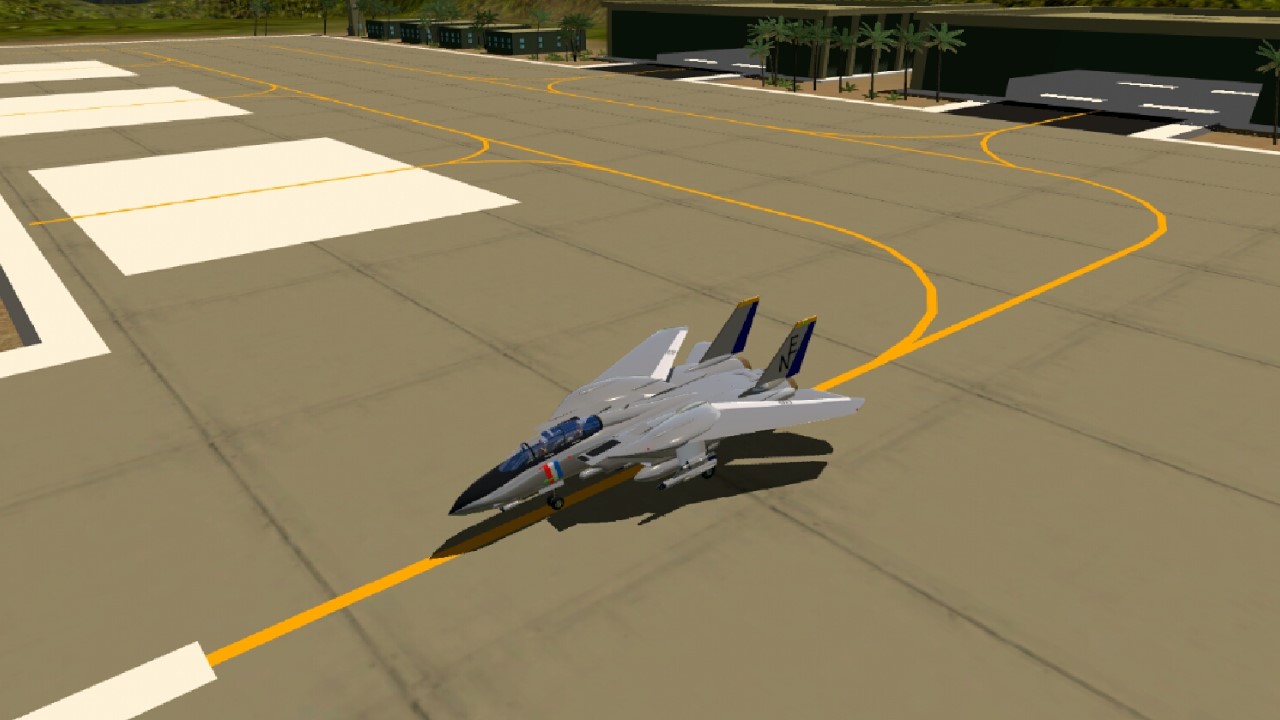
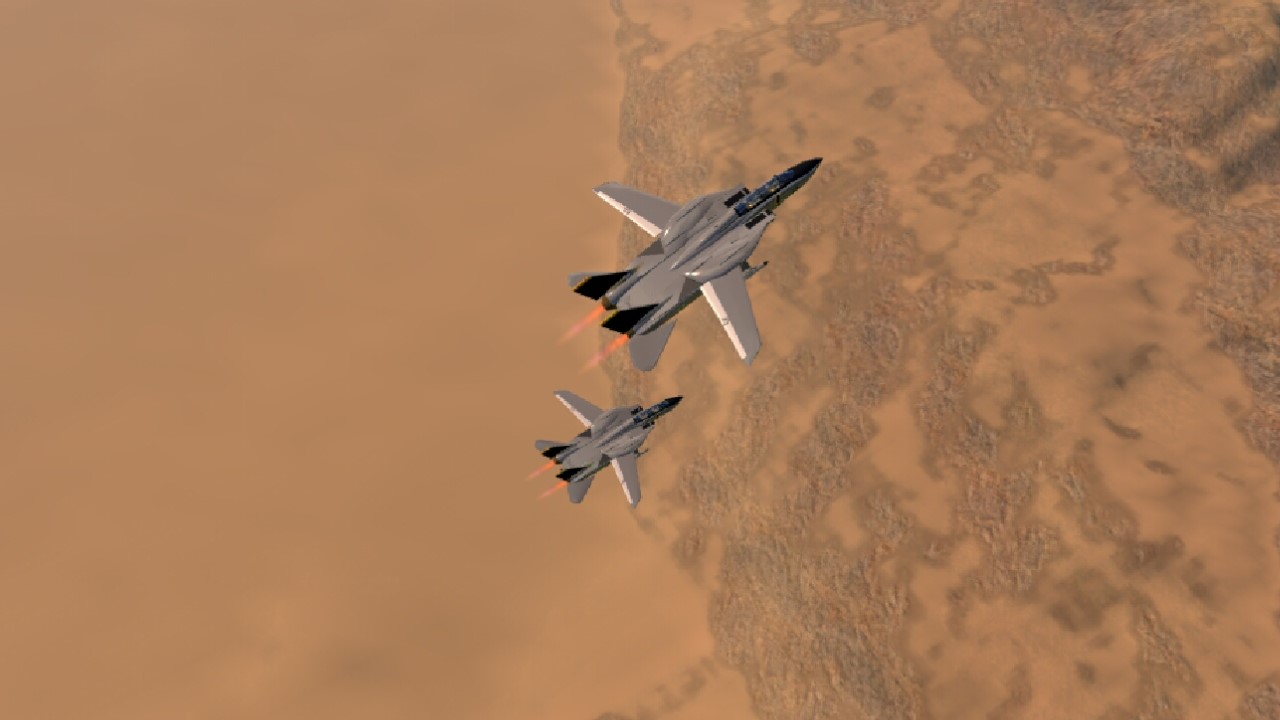
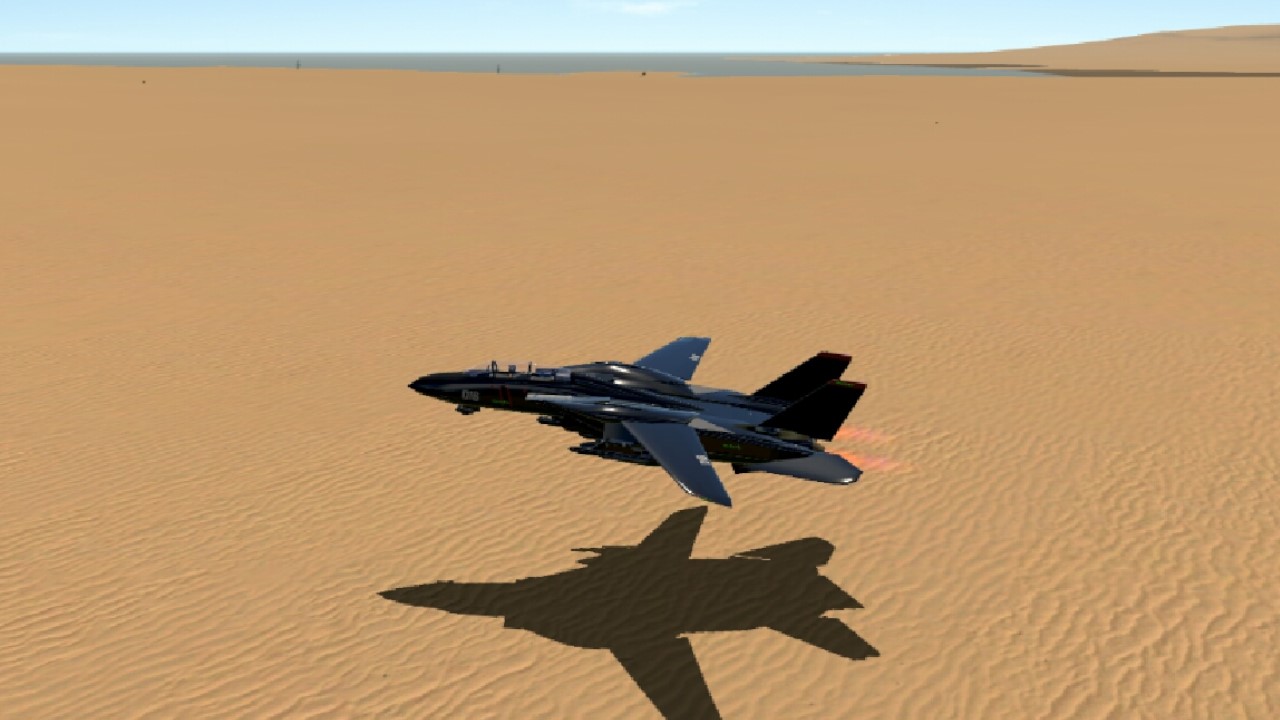
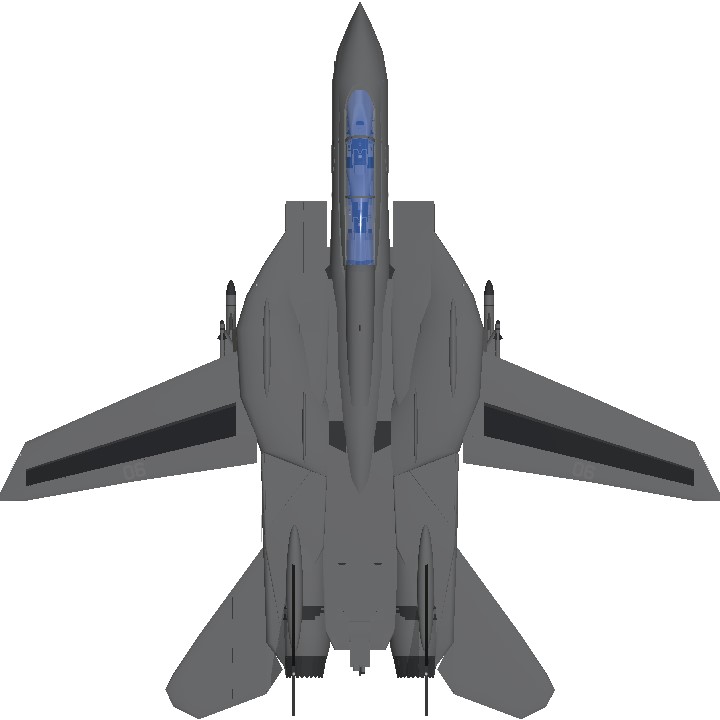

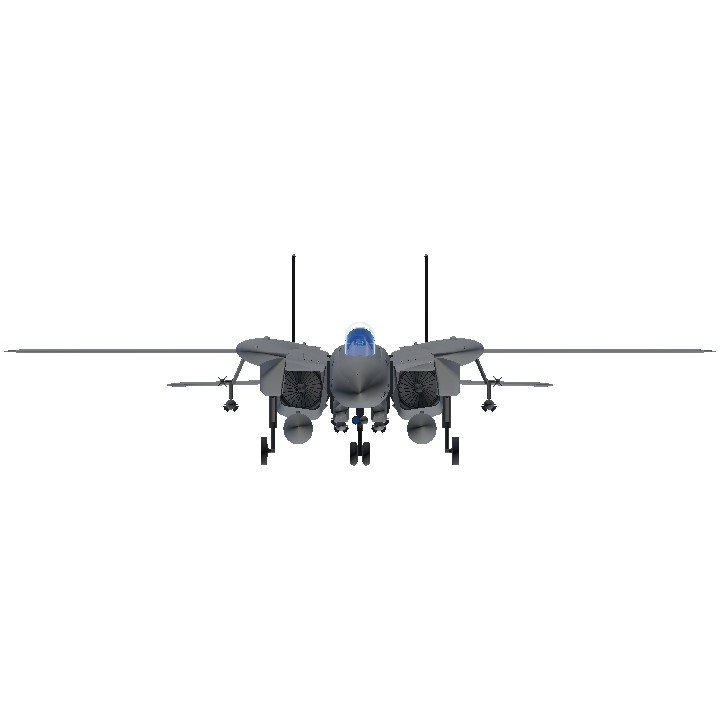
Tags
@Bryan5
@CarrotSlicingCat
@EchoVehicle
@TheSolarFlare
@BeastHunter
Noicee
420 PARTS (Noice)
@KDnotSpy my bad I saw super Tom cat sorry
@Sniperwendex The only build you have is Vetrix's F-24
@Sniperwendex Excuse me what?
You need to credit me as I’m one of the original builders. Don’t question it
@SemiCollin Actually im remaking the F-14 so maybe i can make an ejection seat
I hope its not too much to ask, but having an ejection seat on this would be awesome, besides that 10/10, good plane that''s detailed and still has low parts
10/10 The need of speed™ has been filled
Awesome dude!
I did that on purpose
Super Tomcat!
@X99STRIKER Rumor 3 says but mentioning 4 users in once also works...... XD
Nice plane btw.
@ItsHighbraker2912
Only the first three people mentioned in a comment receive a notification.
@TheSolarFlare &
@BeastHunter will not receive a notification.
Well now they will because I just mentioned them… so now you don’t have to.